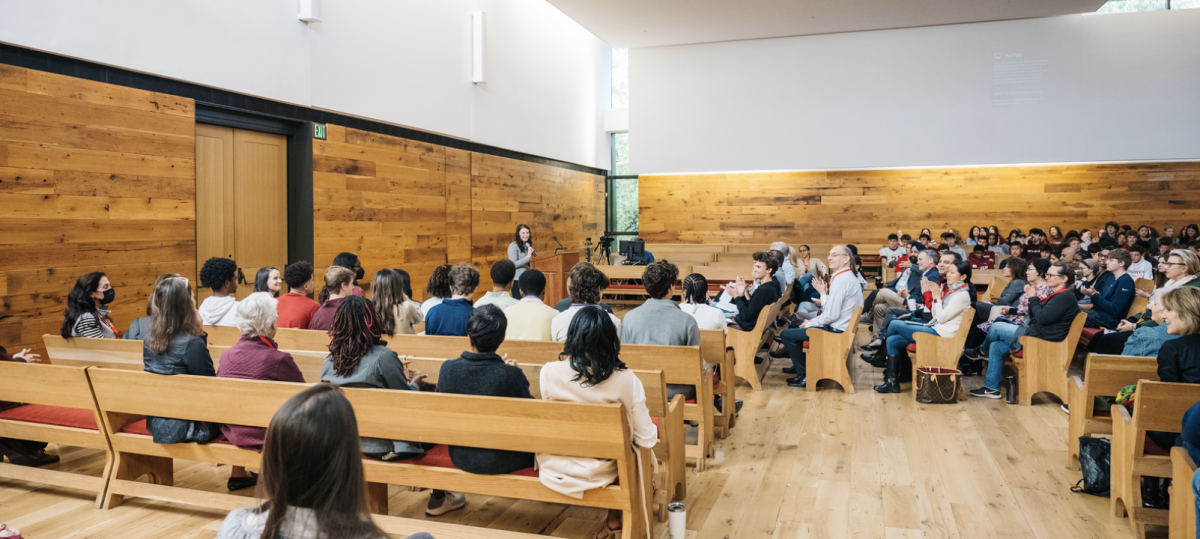The political climate has been tense as individuals have varying views on the conflict between Israel and Palestine following the recent Hamas attack on Israel and Israel’s subsequent counteroffensive. As someone with close familial ties on both sides of the conflict –– my father being Jewish and my mother growing up in Egypt, one of Palestine’s main allies –– I find myself at an emotional impasse for how to respond to this complex and deep-rooted conflict. For myself and many others, these events have raised the question of how to thoughtfully respond to such an issue while remaining respectful of perspectives that may conflict with our own.
Sidwell’s diverse student body is arguably one of its greatest strengths, but it can at times be a double-edged sword; with such diversity comes an equally varied political spectrum of strongly held beliefs. As we individually reflect on the Israel–Palestine conflict, we are faced with a situation that has spanned decades and which is replete with complexity. This divisive, nuanced topic coupled with the school’s diverse student body creates an environment where diverging views clash, especially between students with close personal ties to the region.
In light of these recent tragedies, it is crucial to separate, rather than mistakenly conflate, civilians from their governments. In making brash and accusatory statements regarding these groups, we risk invalidating or diminishing our peers’ experiences and opinions. It is critical that we as students support each other through empathy, rather than turning to judgment. While we may hold differing opinions or “truths,” we can and should still work to understand others’ perceptions as equally valid to our own. By adopting this open attitude, we can respect the sincerity of each other’s personal convictions and lived experiences. We are all vulnerable to misinformation, especially in an age where social media constantly bombards us all with content, from objective news to outright conspiracies, blurring the lines of truth. Furthermore, given our generation’s particular exposure to influencer platforms and citizen journalism, we often encounter polarizing views on which we feel compelled or emotionally moved to take sides.
Sidwell’s Quaker values ask its students to question the changing world around them and allow their opinions to evolve based on their understanding of others’ views. Right now, these values are more relevant than ever. It is essential for students to reflect on their own experiences and build their own views, while still acknowledging and validating their peers’ experiences and beliefs, regardless of the discomfort that may come from holding conflicting views. It is only through this open-minded and conscientious dialogue that we can ensure peace in our community, hopefully progressing from mere tolerance to deeper connection and even collaboration. In the spirit of November as the National Native American Heritage Month, I quote Native American novelist Louise Erdrich, who summed up this frame of mind: “We do know that no one gets wise enough to really understand the heart of another, though it is the task of our life to try.”










































